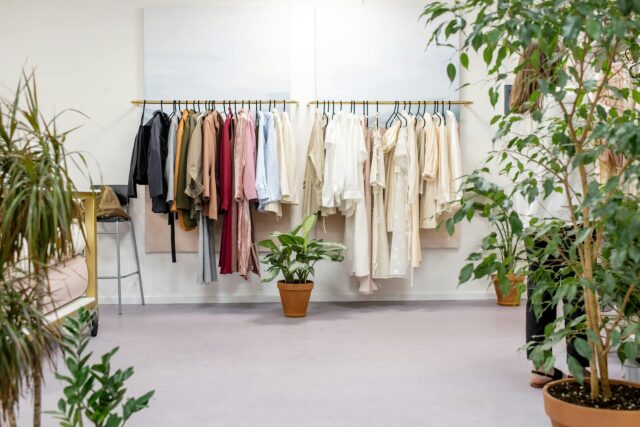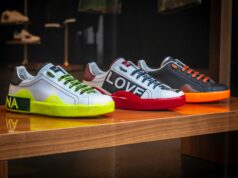Sustainable fashion has transcended its niche status to become a cornerstone of the global fashion industry. From eco-friendly materials to ethical manufacturing practices, the evolution of sustainable fashion reflects a growing consciousness towards responsible consumption. This article navigates through the journey of sustainable fashion, exploring its trends, statistics, FAQs, and its transformative impact on the industry

Evolution of Sustainable Fashion:
- Roots in Eco-Consciousness: The origins of sustainable fashion date back to the environmental movements of the 1960s, where concerns about pollution and ecological impacts of fashion surfaced.
- Material Innovations: Breakthroughs in sustainable materials like organic cotton, hemp, Tencel, and recycled fabrics have revolutionized the industry, offering alternatives to conventional, resource-intensive materials.
- Ethical Practices: Brands now prioritize fair trade, ethical labor practices, and transparency in the supply chain to ensure the well-being of workers and reduce exploitation.
FAQs about Sustainable Fashion:
- What defines sustainable fashion? Sustainable fashion focuses on minimizing environmental impact, promoting ethical practices, and ensuring social responsibility throughout the supply chain.
- Are sustainable fashion pieces more expensive? While some sustainable items might have a higher initial cost, their longevity and ethical production often justify the price.
- How can consumers support sustainable fashion? By choosing eco-friendly brands, shopping consciously, and embracing minimalist and capsule wardrobes that prioritize quality over quantity.
Statistics and Trends in Sustainable Fashion:
- According to the Ellen MacArthur Foundation, the fashion industry produces 10% of global carbon emissions annually.
- A study by McKinsey showed that 75% of consumers are more likely to switch to sustainable fashion brands.
- Trend-wise, ‘upcycling’ and ‘circular fashion’ have gained momentum, promoting the reuse of clothing and the creation of closed-loop systems.
Conclusion:
The evolution of sustainable fashion marks a pivotal shift in the industry, signaling a departure from fast fashion towards more mindful, eco-conscious choices. With innovations in materials, ethical practices, and increasing consumer awareness, sustainable fashion stands as a beacon of hope for a more responsible and ethical future in the world of style.
In the ever-evolving landscape of fashion, embracing sustainability isn’t just a trend—it’s a vital step towards preserving our planet and reshaping the fashion industry’s narrative for the better.

















































